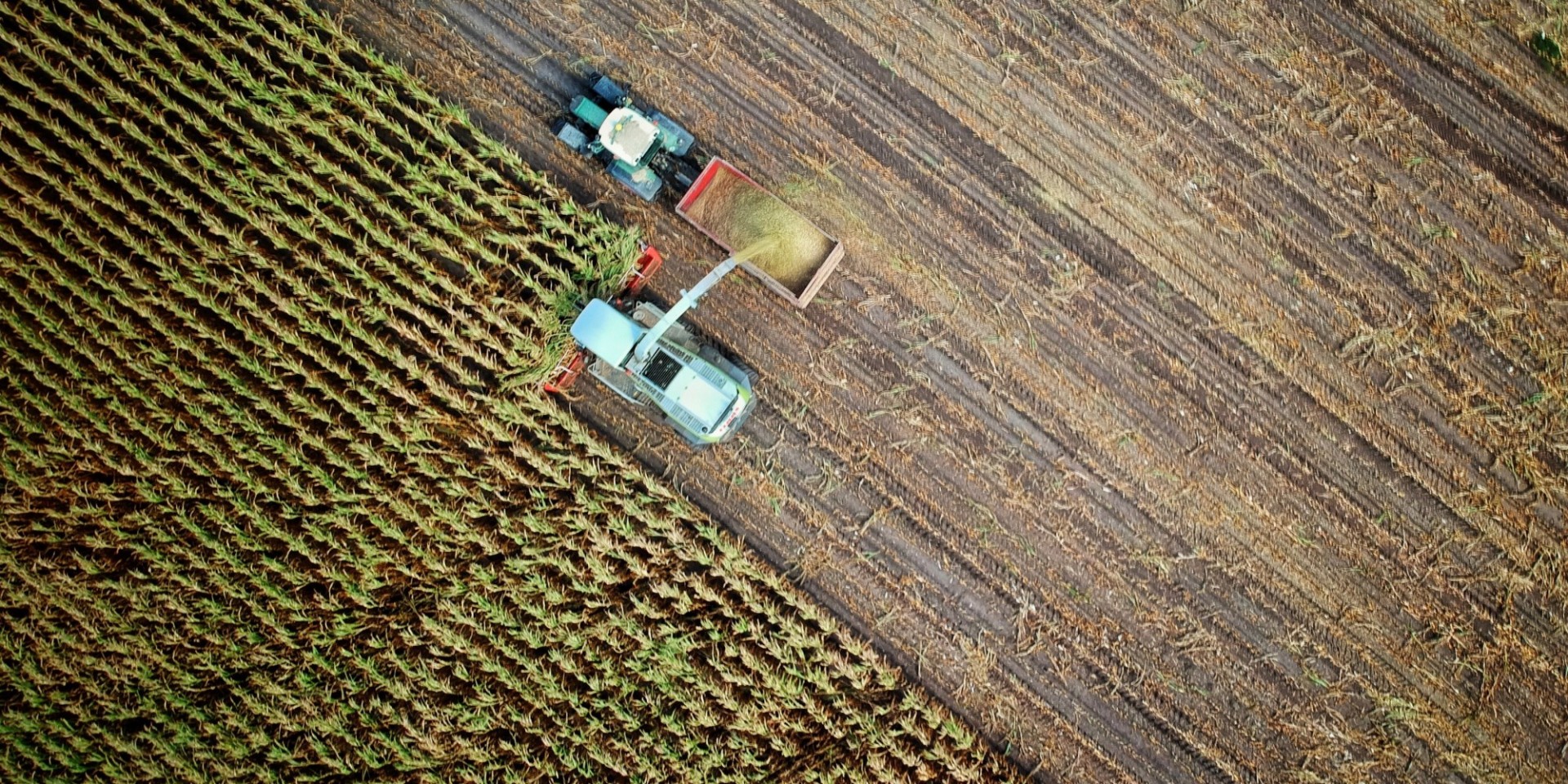Food Security
The Climate and Life Initiative funds research by Columbia University scientists that makes food production systems more resilient and ensures the world’s human population has access to safe, reliable food.
This research adds to our understanding of emerging and unknown threats to global food security and addresses the resulting needs and vulnerabilities.
The number of people on Earth is expected to reach nearly 10 billion by 2050. Feeding this growing population is a challenge, one that is compounded as climate change impacts crop yields and food supplies.
With rising temperatures, agricultural areas are being increasingly affected by extreme heat and drought, which are becoming increasingly frequent and intense. In the United States, the 2012 summer heatwave and drought in the Midwest—where corn alone is a multibillion-dollar industry—led to a massive drop in crop yields, while the ongoing drought in California is causing large-scale transformation of agriculture across the state.
Because food is a globally traded commodity, climate events in one part of the world can raise prices and limit consumption far afield. For producers, who stand to lose profits and livelihoods, and consumers faced with price increases and scarcity, this is all worrisome news.
We invest in Columbia University scientists whose research explores questions such as:
- How vulnerable is the global food supply to extreme weather and climate change?
- How do frequent heatwaves and water shortages affect crop yields?
- What are the climate-related threats to sustainable marine fisheries?
Their findings expand knowledge of the issues facing farmers, fishermen, and consumers and are used to develop adaptive practices and technologies to ensure that everyone has safe, reliable access to food.

